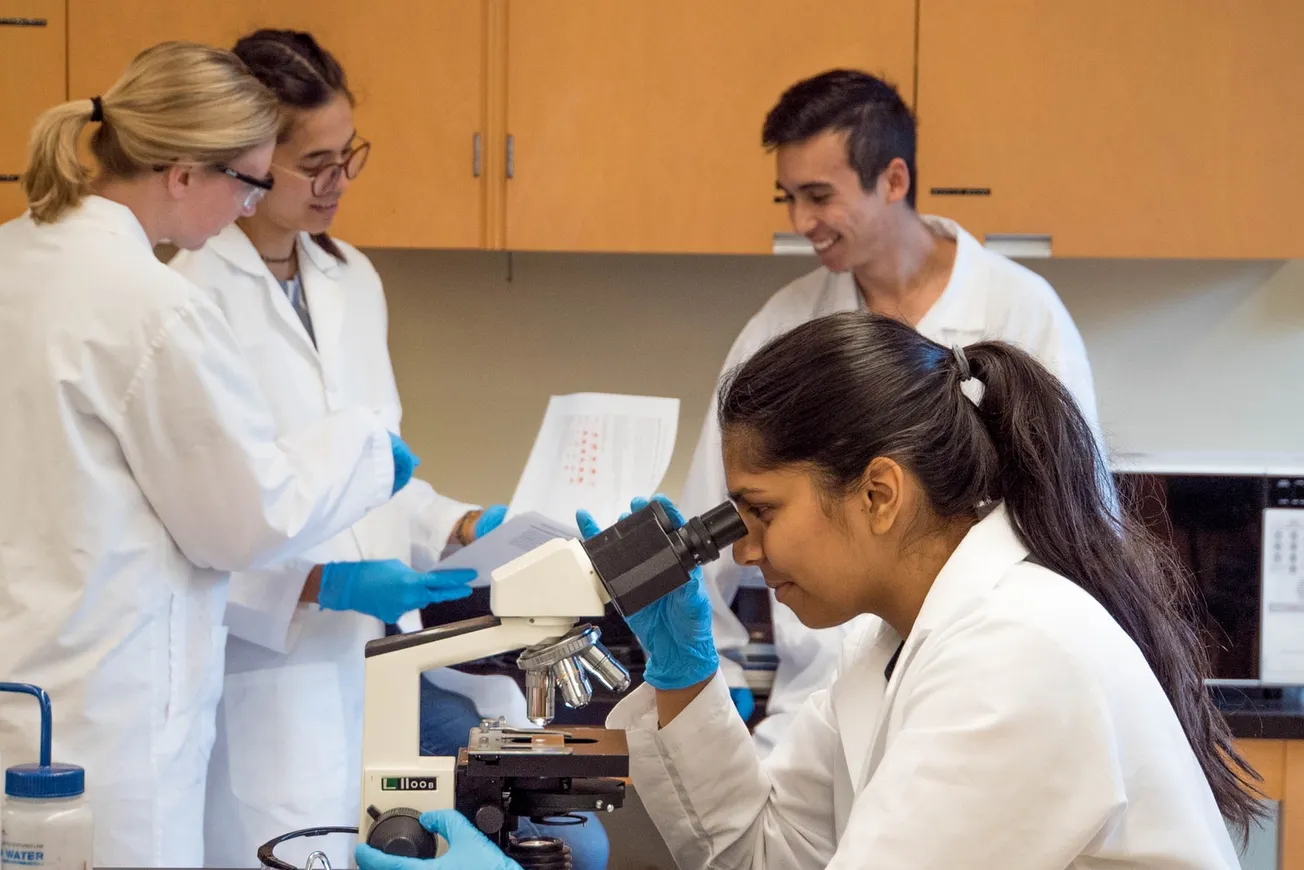Table of Contents
New Zealand Doctors Speaking Out with Science
It is an unpleasant truth that corruption in science has been present for decades. The editors of both the Lancet and the New England Journal of Medicine contest to this, as does world-renowned epidemiologist, John Ioannidis. The need to back a particular narrative amongst the persistent shouting of ‘where is the source’ and ‘where are the peer-reviewed studies’ in legacy and alternative media appear to lead to a publishing frenzy which is sloppy at best, with increasing concern of corruption by industry and regulators.
Corruption in Science or Unbelievable Sloppiness?
A recent example is a study published in the Lancet Regional Health – Western Pacific, by the National Centre for Immunisation Research and Surveillance, Australia, purporting to show that “Covid-19 vaccination is highly effective against Covid-19 mortality among older adults although effectiveness wanes with time since the last dose. Our findings emphasise the importance of continuing to administer booster doses, particularly to those at highest risk.”
This study uses official Australian data to support its conclusion. For the lay reader as well as most medical doctors and administrators, most of whom do not have the skills or the time to analyse the statistical measures used, the analysis appears to show benefit to continue recommending Covid boosters. However the conclusions reached appear to be at direct odds with real world Australian data that indicate excess deaths correlating to the roll-out of each ‘vaccine’ and booster.
The Australian Medical Professionals’ Society (AMPS) has undertaken a review of this study, finding its “conclusion unclear if not invalid”. They have written an open letter to the authors, the editor of the Lancet and various Australian regulators and MPs. If these individuals were really interested in science and the betterment of the health of citizens would they not immediately check their results and engage in discussion? At the time of publication AMPS had not received a reply from anyone to whom they sent this letter.
Here is their analysis. Is there corruption in science or is this an example of unbelievable sloppiness?
231120-Open-letter-by-AMPS-re-lancet-paper-1Download
Where Does Corruption in Science Lead?
Without further discussion and investigation we cannot say that the Lancet study is corrupt. However we can raise questions as to the intent, methods and validity of the paper. Furthermore, this study has been used by the Australian authorities to promote boosters. How is it possible that a questionable study can be used as justification by those the public are told they should trust?
We have previously raised concerns regarding the original Pfizer study that was used as justification for the provisional authorisation of the Comirnaty injections in New Zealand and the Pfizer products across the world. Not only were these products authorised for use, but they were forced on the global population with disastrous results. They have been shown to stop neither Covid infection nor transmission. We have also discussed the modelling used to suggest that 20 millions lives were saved by the Covid injections. Furthermore individuals are more likely to be hospitalised following adverse events to the injections than following Covid infection.
The corruption in science around the Covid injection is only the most recent example of science that has been used to further the narratives and fill the pockets of the pharma industry. Other examples include Thalidomide, Vioxx and the Salk polio vaccine. This is unsurprising given that we know that the majority of funding for the supposedly independent bodies that are supposed to protect New Zealanders comes from the very pharmaceutical industry that they are meant to police.
How Does Corruption in Science End?
Given the current state of medicine and science, it is hardly surprising that some would yearn back to the time of the gentleman scientist. A time when observation, logic and unbiased experimentation formed the basis of scientific discovery.
As it is we can’t go back but we can go forward. When the people demand it and scientists and doctors stand up against poor methods, conflicts of interest and corruption in science, the dominoes will start falling. Indeed thanks to all the New Zealanders and Australians who called out the corruption of the last few years, the first domino seems to be teetering. Let’s keep the momentum going. Lets take back science and medicine.









